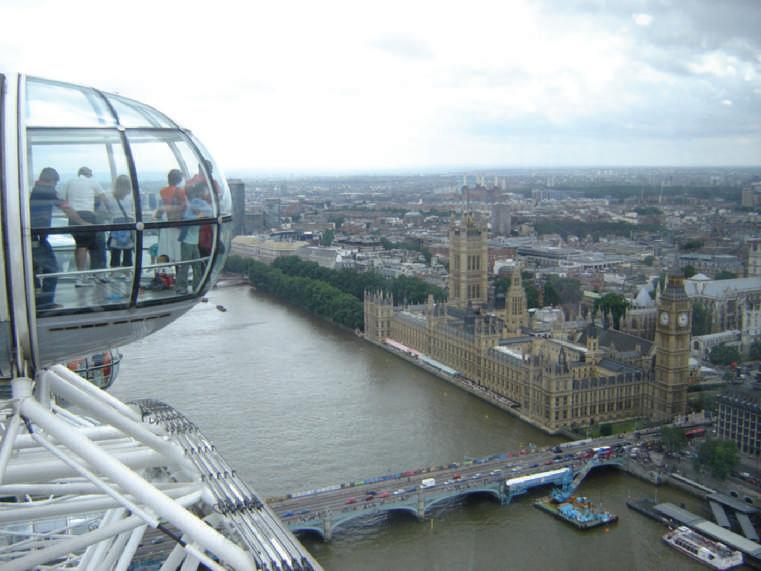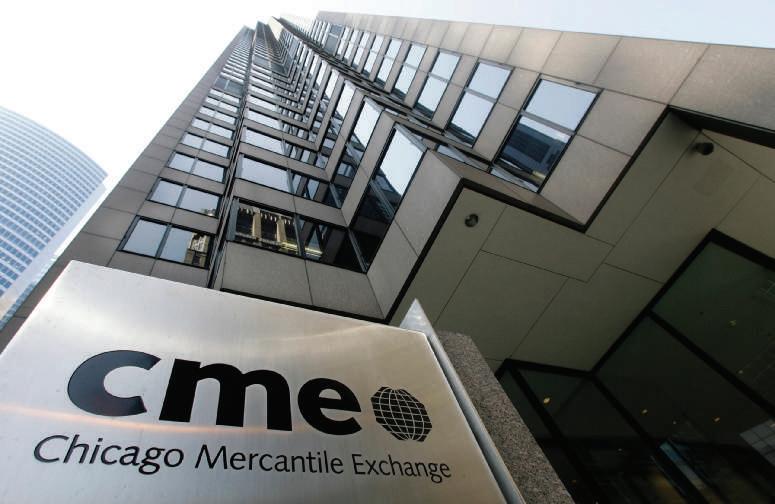
3 minute read
5-2b Religion
Language is important to managers when evaluating employees, communicating on an intra-company basis with overseas divisions, and helping to interpret the circumstances (context) in which language occurs.
Language is also crucial when providing access to local markets through advertising. There are numerous examples of how language mistakes have cost marketers in international markets. Several mistakes have occurred, for example, because companies did not understand how slogans for products would be interpreted. In Taiwan, the Pepsi slogan: “Come alive with the Pepsi generation,” was translated to “Pepsi will bring your ancestors back from the dead.” The Kentucky Fried Chicken slogan: “Finger-lickin’ good,” was translated in China as “Eat your fingers off.” Salem cigarettes’ slogan: “Salem—feeling free,” translated into Japanese as “When smoking Salem, you feel so refreshed that your mind seems to be free and empty.” Exhibit 5.1 provides another example of mishaps that can occur when a company is unfamiliar with the local language.
Advertisement
One way to eliminate such gaffes is to use backward translation. In this technique, a message is translated from English into another language, then someone skilled in that foreign language translates it back into English; this second translation can then be compared to the original English version.
Religion is a powerful cultural aspect that must be recognized as companies manage their overseas operations and market their products in foreign cultures. In Muslim countries, for example, American companies cannot anticipate employing women because they are not encouraged to work outside the home. Also, different religions observe different holidays that must be recognized. Muslims observe Ramadan, which is a month-long celebration with
backward translation
translating a message from English into a foreign language, then translating it back into English to check for accuracy
Exhibit 5.1 THE ImporTanCE of LanGuaGE In forEIGn CounTrIEs’ CuLTurEs
“Chuck” had been sent by the president of Parker Pen Company to visit the firm’s trading company in Buenos Aires, Argentina. This was the first time he had been outside the United States, and he did not know how to speak Spanish.
Upon arriving after a 14-hour flight from Chicago, Chuck went to a bank of telephones to call the trading company and arrange for transportation. Because he could not read the instructions for use, he prevailed upon a good-natured passerby for help. Then, he had to figure out the Argentinean money system to decide which coins to insert. While talking with the trading company, he was asked to take a taxi to the office as they were tied up with important customers.
Upon finding the taxi pickup area, Chuck was dismayed to find that all of the licensed taxi drivers were on strike; he was hoping that the “regular” drivers would know enough English to compensate for his lack of Spanish skills. After an extended length of time, he was able to convey to the driver where he needed to go.
After an hour of working with the people at the trading company, he was invited to accompany them to lunch. Because the menu was in Spanish, he was in a quandary about what to order. He thought that the word “bistec” might mean beef steak, so he ordered it. He was right. The waiter proudly presented Chuck with a two-pound steak. Chuck found out later that Argentina is justifiably proud of its world famous Pampas beef cattle.
Chuck and his colleagues worked another four hours at the headquarters of the trading company. About six o’clock, he was invited to accompany a group of customers to dinner. Although it was a different restaurant, it was the same problem: The entire menu was in Spanish. Fortunately, or unfortunately, there was one item that Chuck could read: “bistec.” Chuck ate his second 32 ounces of prized Argentinean steak.
Around eleven o’clock, Chuck had returned to his hotel where he was greeted in the lobby by Parker Pen’s president who said: “Chuck, I just arrived. The food on the flight was terrible. Let’s go get something to eat.” Chuck ate his third two-pound steak with his boss.
© Cengage Learning 2014






